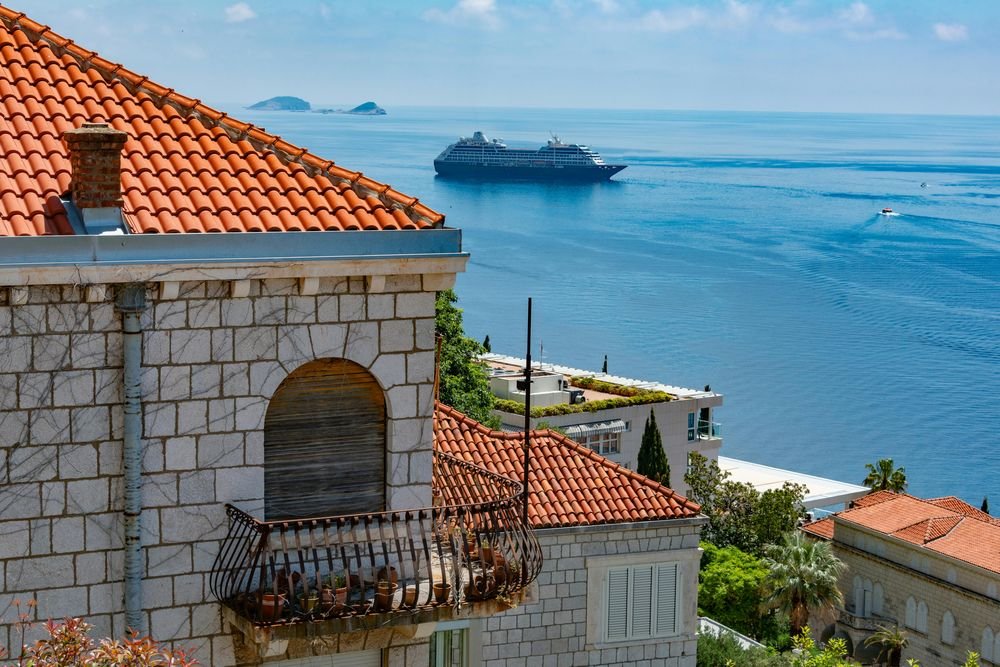
Croatia's housing market facing significant challenge
Croatia's housing market is currently facing significant challenges, characterized by rising property and rental prices, limited supply, and increasing demand driven by both domestic and international factors. CE Report presents some key insights:
Property Prices: Croatia recorded the highest annual housing price growth in the Eurozone during the second quarter of 2024, with a 10% increase compared to the previous year. The average price per square meter of newly sold flats reached €2,377, with prices in Zagreb climbing to €2,830, a nearly 8% year-on-year rise
Supply and Development Issues: Despite the construction of approximately 3,000 new apartments annually, this falls short of meeting the growing demand. Regulatory hurdles and the lack of a cohesive housing policy exacerbate the situation. This imbalance has led to overcrowded markets and a chaotic rental landscape, often plagued by informal agreements and legal disputes
Economic and Social Implications: Rising housing costs have sparked debates about affordability and accessibility. Many individuals allocate a substantial portion of their income to housing, leaving less for other essentials. The influx of foreign workers and the attraction of real estate as an investment have further intensified competition
To address these challenges, experts recommend increasing housing supply through streamlined construction approvals, incentivizing long-term rentals over tourism-driven short-term leases, and implementing stronger legal protections for tenants and landlords. These steps could stabilize the market and enhance affordability for residents.
























